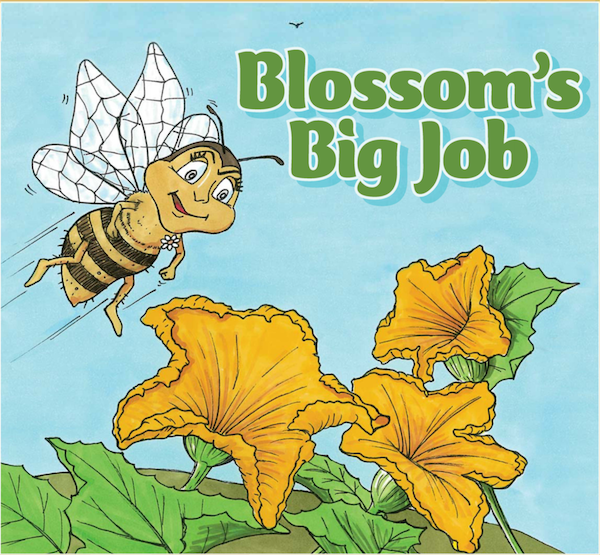Little Green Thumbs Celebrates 10 Years
This year, Little Green Thumbs celebrates 10 years! Like every adventure and every garden, the Little Green Thumbs story is full of challenge, joy, defeat, success, surprise and a ton of memories!
All month long, we will be sharing highlights from a decade of planting, growing, eating and sharing, along with learnings and new resources! As we look back on 10 years and prepare for 10 more, we reflect upon all of the lessons our Little Green Thumbs gardens have taught us.
We’ve compiled 10 lessons we owe to our Little Green Thumbs gardens.
1. The Power of ‘Yet’
It’s not uncommon to greet the prospect of growing a garden with some fear and doubt. We often hear, ‘But I don’t know how to garden’ or ‘I don’t have a green thumb’, from students and teachers alike. The garden has helped us understand the power of YET. Through the process of facing fears and planting seeds, our Little Green Thumbs accept they might not have a green thumb YET, but they are willing to try, practice and learn!
2. You Reap What You Sow
Gardening can be a lot of work, but with the first bite of a crunchy cucumber or cherry tomato, most students realize, it’s worth it. The amount of care and attention we give to our seeds and our plants, the better they perform (our caveat being #4 – its ok to make mistakes!). Our gardens have been a great place to get our hands dirty and see the fruits of our labour bloom.
3. Patience, Young Grasshopper
Some things take time, effort and practice and that’s OK. Gardens are one of those things! We’ve waited many days for seeds to germinate or waited weeks for flowers to turn to fruit. But like we’re reminded in E.B. White’s ‘Charlotte’s Web’, “Life is always a rich and steady time when you are waiting for something to happen or to hatch.”
4. It’s OK to Make Mistakes
Making mistakes and accepting failure are natural and important parts of gardening and learning. Because mistakes happen quite naturally in a garden, they are great places to normalize mistakes and turn short-term failures into speed bumps along the way to learning and mastery!
5. Praise the Learning Process (not just effort)
When mistakes are made, it’s important to praise students for their effort (but not their effort alone). The point isn’t to get it right, right away. The point is to grow understanding step by step. Gardens provide opportunities to congratulate students when they don’t give up when things get hard.
6. You Can’t Make a Seed Grow
Good gardeners, just like good teachers, know that they don’t make the seeds grow. They don’t paint the petals and attach the leaves or pull out the roots. Plants grow themselves. Our role as gardeners is to create the best conditions for growth. Our role as teachers is to create the best conditions for learning.
7. Bigger is Not Always Better
Bigger isn’t better, it’s just.. bigger! A Little Green Thumbs garden, though small in size, can open up endless possibilities for learning, wonder and growth. Looking closely at our gardens, helps us to uncover understanding and relationships that we might otherwise take for granted in the world. Time spent pondering the beauty and magic of our gardens get us a step closer to understanding William Blake when he wrote “To see a world in a grain of sand and a heaven in a wild flower, hold infinity in the palm of your hand and eternity in an hour.”
8. Challenge Helps Us Grow
For thousands of years, plants have adapted to adversity, becoming stronger for their challenges. Even on a small scale, we can observe plants in our gardens overcome the obstacles in their way of growth. We, too, become stronger when we push through the limits of our comfort zone to achieve a goal. Challenging tasks help us to learn or use new strategies to solve problems, and helps to build confidence to continue approaching tasks that seem difficult at the beginning.
9. Plan Ahead
Every great garden starts with a plan! Taking time to think, plan and strategize at the beginning can help save time or even avoid adversity as your garden takes shape. Knowing when to plant, where to plant and who will water, weed and harvest upfront, can make a big difference to the health of your garden.
10. There’s Always Enough to Share
Whether it is extra Tiny Tim tomatoes, beans, compost or red wiggler worms, there is always enough to share and pass on the gift at the end of the growing season. When you are grateful for the abundance of your garden and learning, you can always find something to give.

